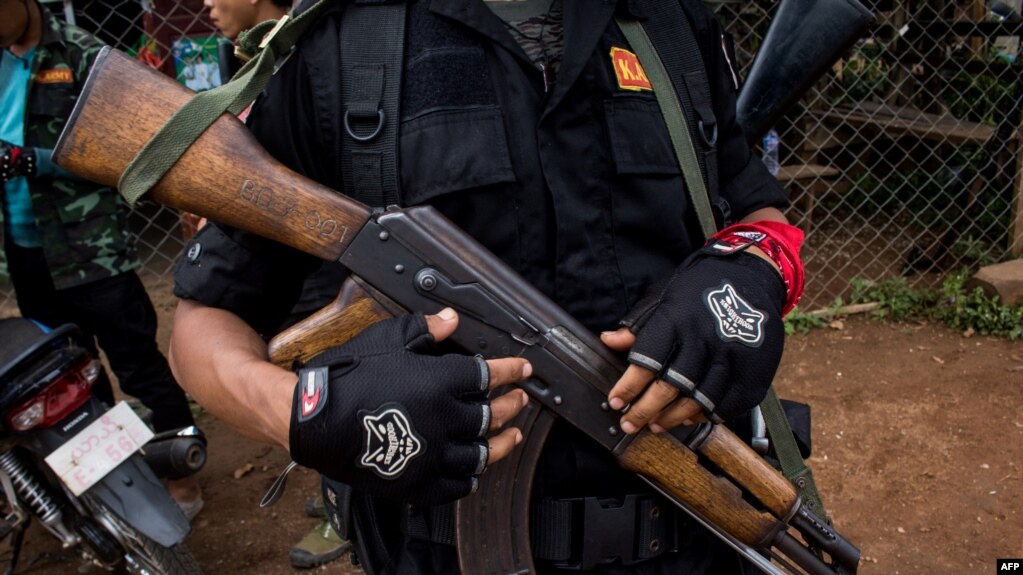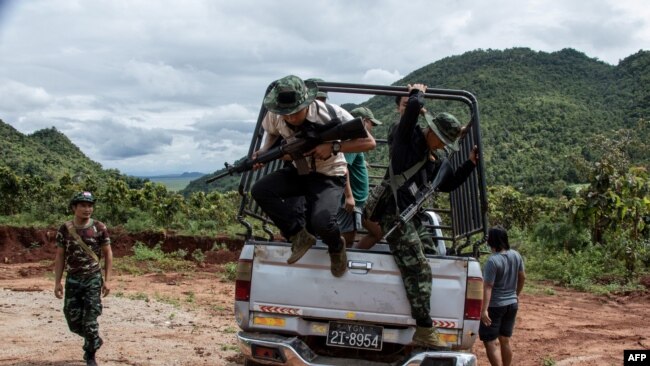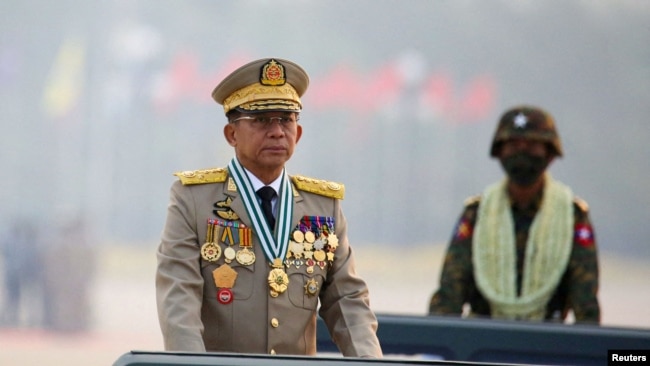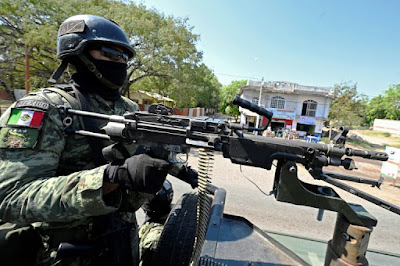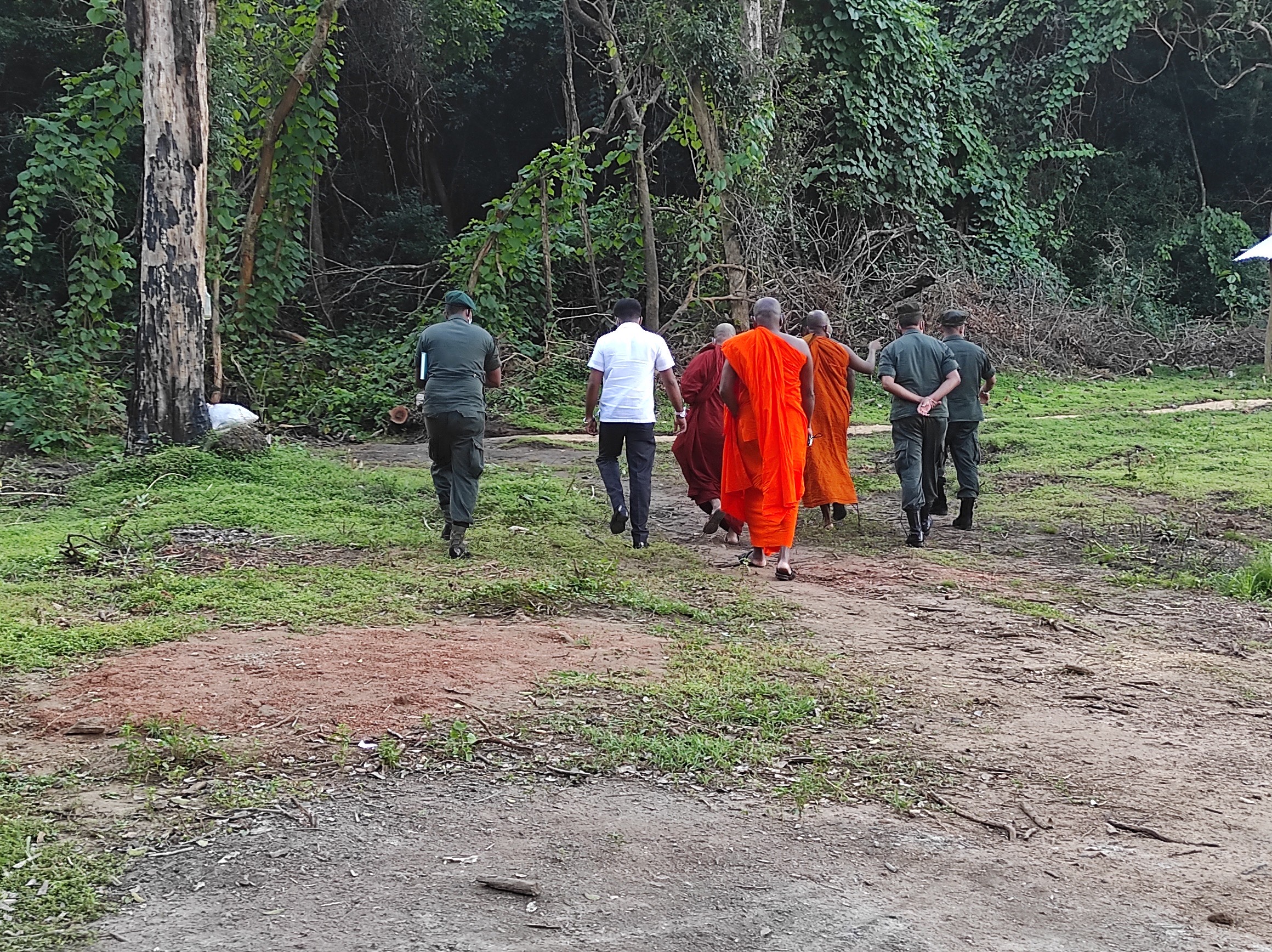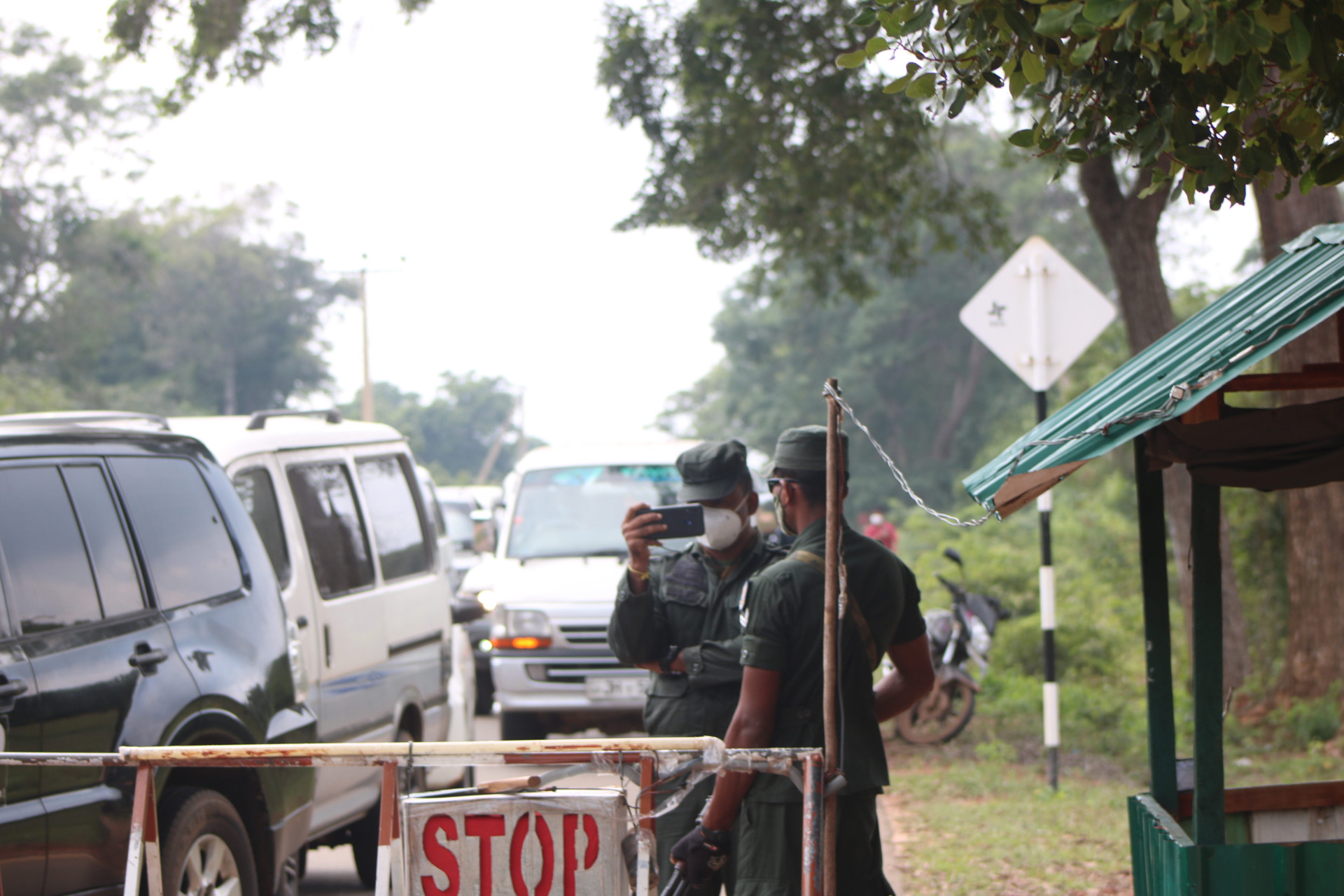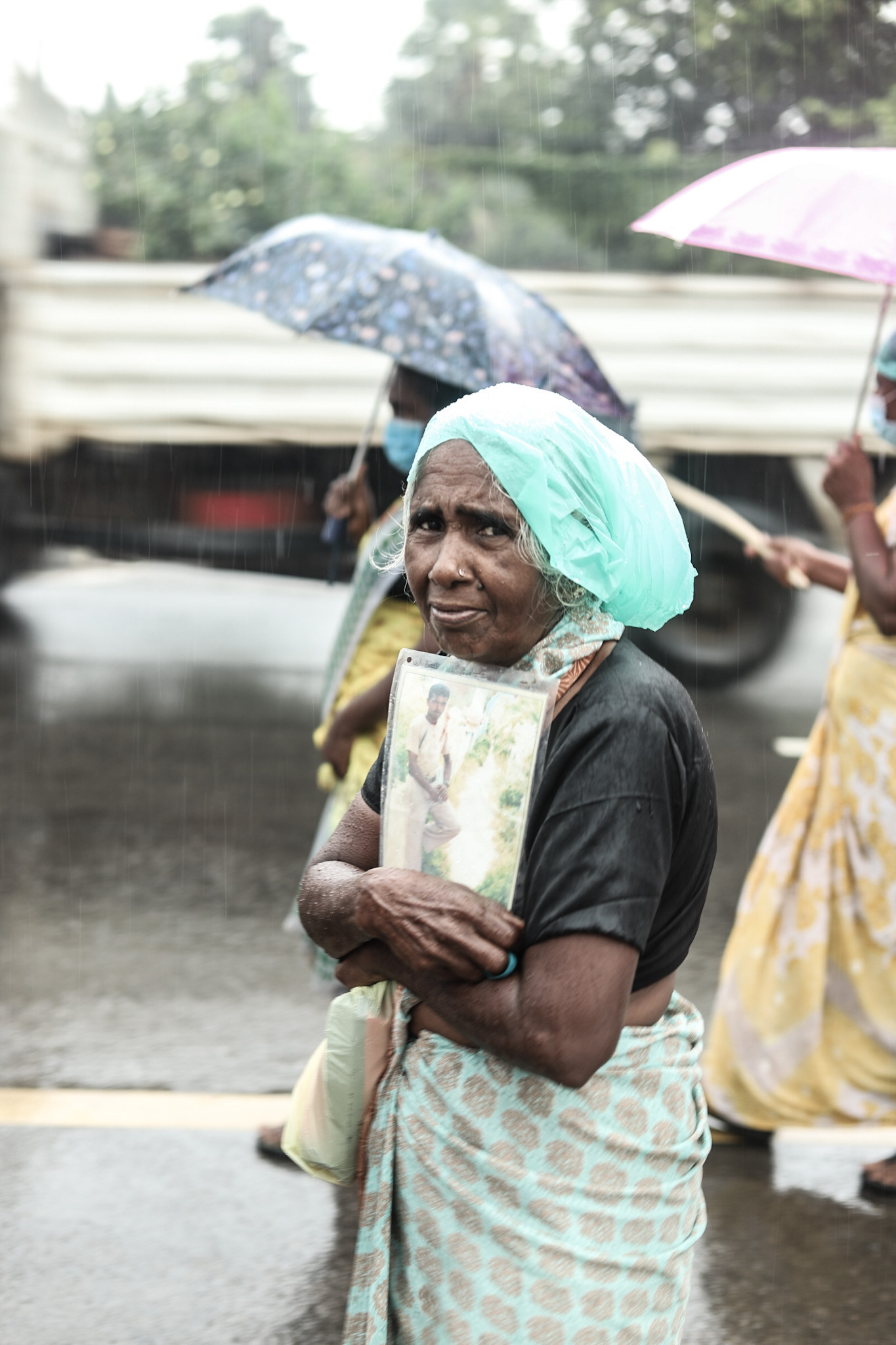An environmental organization has called on the United Nations and the international community to act swiftly to prevent an environmental catastrophe as a result of the possible explosion of the floating storage and offloading unit (FSO) SAFER off the coast of Yemen.
Without a swift resolution, an explosion or leak from the rusting oil tanker could trigger one of the biggest oil spill disasters in history, it warned.
“A rupture of the single-skin hull or an explosion could would seriously exacerbate the humanitarian crisis in Yemen, preventing access to the main ports of Hodeidah and Salif, vital for aid and food supplies, adding an additional burden to a country already devastated by six years of conflict,” it said.
Greenpeace launched a new study explaining that in the absence of a quick solution, the ship could have devastating effects and countries should be prepared for that.
It underlined the need to deploy a floating barrier to contain the oil around the ship as a first step to prevent the expansion of the oil slick in the event of a leak.
However, it stressed that the floating barrier does not provide a solution to prevent the potential short- and long-term humanitarian and environmental impacts in the region, which can only be mitigated by removing oil from the ship.
“With each day that passes, efforts to remove the oil safely become more difficult because of the failing equipment.”
As things stand, the tanker could leak – or even explode – at any time and spill the oil it is carrying, it warned, describing the FSO Safer as a “ticking time bomb.”
It further stressed that the environmental impact on the Red Sea’s fauna, corals and seagrass beds would also be catastrophic in a region, which is a major biodiversity hotspot.
“Given the political context and the ongoing conflict in Yemen, action by the UN and international community is critical to prevent an environmental and humanitarian disaster and ensuring a swift solution to the FSO SAFER time-bomb should be a priority in negotiations,” urged the organization.
It showed that up to 670,000 people’s livelihoods could be impacted by the spill and subsequent cleanup operations, through damage to fisheries, marine resources, and coastal industries, and factory and port closures.
Greenpeace said the amplitude of the potential economic impacts on local communities is “huge.”
According to the study, 50% of fisheries would likely be blocked from fishing by the oil spill, with a cost to the fishing industry of $150 million – $30 million per year for five years.
It warned that the livelihoods of 31,500 fishermen would be at risk, and 235,000 workers in the fishing industry could lose their jobs, while the estimated loss in agricultural production could be $4 million.
The most recent figures, published in May 2021, identified 31,500 fishermen, 235,000 workers in the fishing industry affected and 3.25 million farmers affected by crop loss.
They indicated that the closure of Hodeidah and Salif ports for two to three months would cause food and fuel import shortages and a rise in food and fuel prices.
The Red Sea is semi-enclosed, which makes oil recovery difficult, lengthy and costly, in particular given the ongoing conflict in Yemen, Greenpeace added.
It further warned that coral reefs are locally impacted in the vicinity of urban and industrial centers from land-filling and dredging, along with port activities (damage caused by anchors, oil and waste water discharges), sewage and other pollution (causing localized areas of coral disease, poor recruitment, and excessive algae) and tourism (damage from anchors and recreational scuba divers).
“Of the 15 species of cetaceans known to occur in the Red Sea and Gulf of Aden two are listed as threatened, five are dependent upon conservation actions to prevent their listing as threatened, five are insufficiently known to assign a conservation status, and only three are secure.”
The study stressed that the renewal time for the entire water body of the Red Sea is around 200 years.
It stressed that it is never possible to clean up oil once it is spilled in the environment, noting that all that can be done is to contain the oil through the use of booms and remove it with skimmers and suction pumps.
“Even if a major response were possible, an oil spill could still prove extremely difficult to deal with without causing further physical or chemical damage to the local ecosystem,” it stated.
Greenpeace said it is currently working with organizations in Yemen and the region to identify and support a solution to remove the oil and prevent a major environmental and humanitarian catastrophe that could happen anytime, while preparing to respond in case of a major oil spill.



